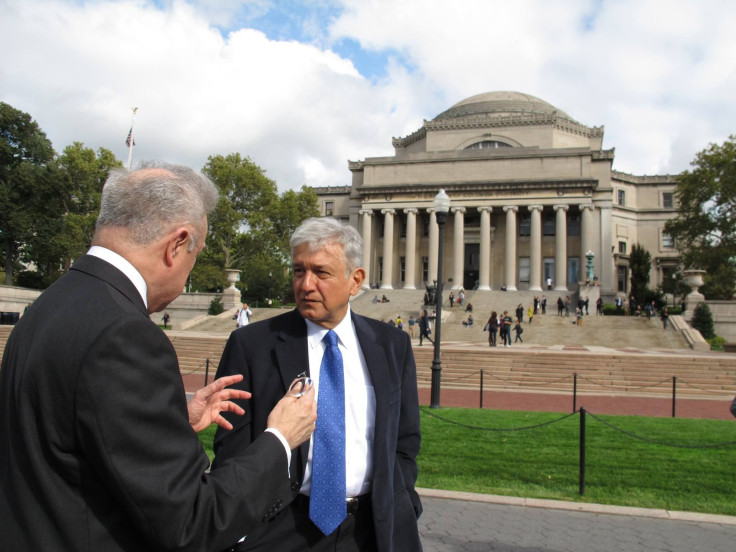Mexican President Andres Manuel Lopez Obrador clarified his stance on exporting gasoline to Venezuela on “Humanitarian grounds,” and maintained that his country is “independent” in its thought process.
“Venezuela has not made a request of us, but if it were a humanitarian necessity, we would do it,” said López Obrador during a morning news conference. “We are free, Mexico is an independent country, sovereign, we make our own decisions and we don’t get involved in the policies of other countries. It is a self-determination of the people and helps in humanitarian ways. No one has the right to oppress others, no hegemony can squash another country,” he added.
While there lies a great deal of ambiguity surrounding Mexico’s position to trade gasoline, Obrador’s statement might strain Mexico’s relationship with its largest trading partner, the United States of America. Trump’s administration has reportedly been accused of strategizing and imposing sanctions to check Venezuelan oil exports in a bid to strip the government of socialist President Nicolas Maduro of its primary source of revenue.
The U.S., along with a host of countries regard the Venezuelan government as “illegitimate” owing to the controversial 2018 elections that were allegedly rigged.
Venezuela is home to the world’s largest oil reserves, but with the production on a downward spiral, the country is left with little option but to import gasoline. While critics attribute corruption and mismanagement to the crisis, Venezuelan President Maduro reasoned that the U.S. economic pressure was the reason behind it.
Stiff pressure from the U.S. has pushed several organizations in China and Russia to halt the oil industry dealings with Venezuela. The reasons commonly cited to this move are constant threats from the United States to take legal and financial action against the countries engaging in trade with Venezuela. Despite the sanctions imposed, Iran exported five tankers of gasoline to Venezuela. While the United States did not hinder Iran’s tanker cargoes, it is likely for the U.S., to consider placing sanctions on the foreign oil tankers.
Speculations are rife that steady plans are afoot for Iran to maintain fuel shipments to Venezuela, with Tehran shipping two to three gasoline cargoes a month to its Latin American ally.

© 2025 Latin Times. All rights reserved. Do not reproduce without permission.




